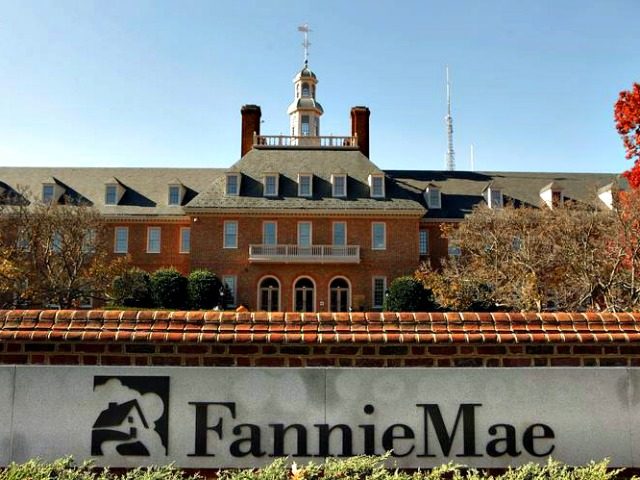Texas Republican Congressman Jeb Hensarling said Wednesday that Fannie Mae and Freddie Mac need to be wound down as part of any sustainable housing finance reform.
Speaking at a conference on the future of the U.S. housing market, Hensarling said he would work towards a bipartisan package of reforms aimed at putting the U.S. housing finance system on a more stable foundation, but this must include winding down and eliminating the government supported housing finance giants. Hensarling chairs the House Financial Services Committee which oversees housing finance.
“Fannie and Freddie must be wound down and their charters repealed. I fear any plan to recap and release may very well constitute deja vu all over again,” Hensarling said.
Fannie and Freddie do not make mortgage loans. They purchase loans and repackage them as securities wrapped with a guarantee. Both companies were swept into conservatorship in 2008 when regulators feared they were on the precipice of collapse, with the U.S. Treasury eventually injecting $187.5 billion of bailout money to keep them afloat. The companies have since returned to profitability and now pay all of their profits to the Treasury, which still supports the companies with a promise that their bailout can stretch to $400 billion if needed.
Some shareholders of the two companies, led by hedge funds and other large money managers, have attempted to convince lawmakers and regulators that the companies should be allowed to keep their profits to recapitalize and be released from conservatorship. Shareholders have also sued in courts, although a series of losses at both the state and federal level have made it clear that courts will not undo the government’s hold on the two companies.
Lobbyists and influence-peddlers have also waged a campaign of propaganda to try to convince liberals and conservatives to support the cause of the hedge funds, but this has so far produced few wins.
Hensarling’s speech foreclosed that possibility–at least until the end of his current term. He has said he will not run for Congress in 2018.
Housing finance reform is often described as one of the last “unresolved questions” of the financial crisis. When Fannie and Freddie were first taken into conservatorship, many assumed the cost of their bailout would be minimal and the companies would be released. As the costs of supporting the companies quickly mounted, policy makers decided they should be unwound. But despite numerous attempts to achieve consensus around various proposals, no legislative solution has been able to gain enough support on Capitol Hill, leaving Fannie and Freddie in suspended animation for nine years.
Hensarling said that post-Fannie and Freddie securitizers, who would take their role of selling mortgages bundled as bonds to investors, should have “bank-like capital” and be open to business from community banks. Fannie and Freddie were able to operate with minimal capital before the crisis because investors assumed they would be rescued by the government and regulators turned a blind eye to their instability. They were also widely thought to operate in a way that favored large financial institutions over smaller banks and lenders.
The Federal Housing Administration should be returned to its traditional role of serving the first-time homebuyer and low and moderate-income homebuyers, Hensarling said. The FHA’s role in supporting the housing market expanded a great deal in the aftermath of the financial crisis, as many private market lenders pulled back or collapsed. Any new government affordable housing program should be “on budget” and not conducted through nominally private companies like Fannie and Freddie, Hensarling said.
“Looking forward, we simply cannot rely on government promises and schemes, no matter how well-intentioned, to provide long-term, sustainable economic success,” Hensarling said.

COMMENTS
Please let us know if you're having issues with commenting.